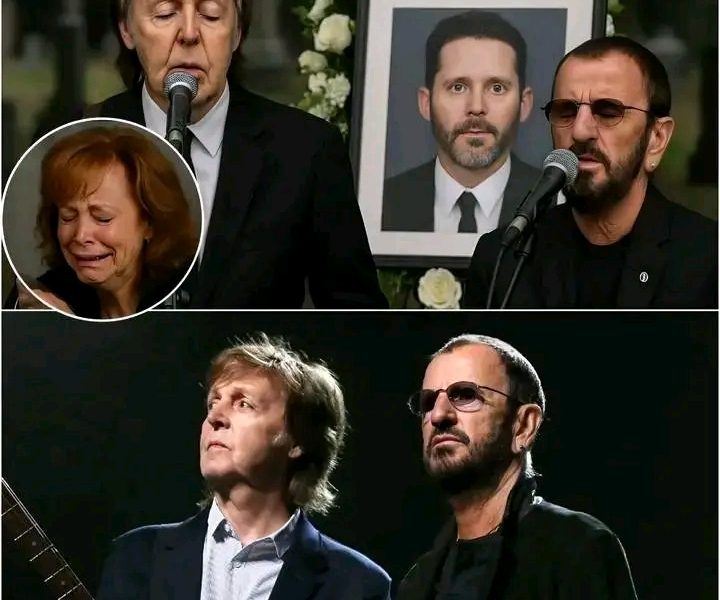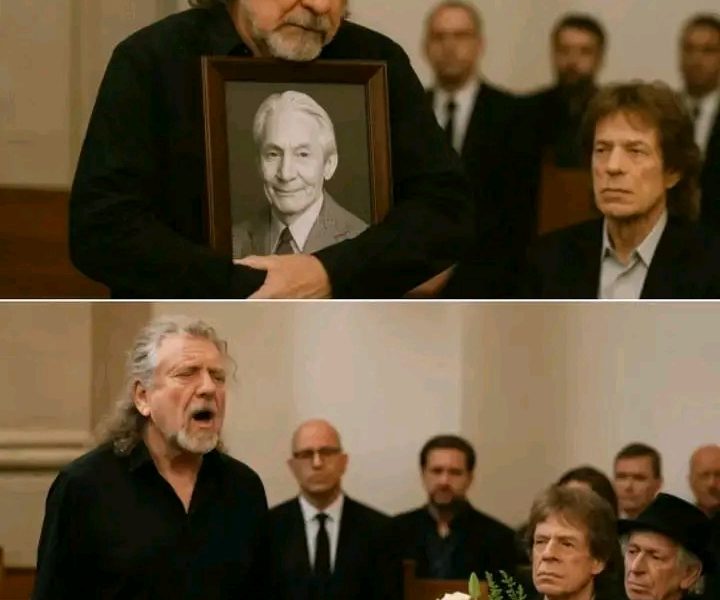Steel Wings: A Fictional Metal Saga Inspired by Accept and the Rise of German Heavy Metal**
**Part I – Echoes from Solingen**
The town of Solingen, nestled in the industrial heart of West Germany, echoed with the sounds of metal—not just from the forges that shaped blades and tools, but from garage amplifiers and battered drum kits. It was 1982, and a storm was building under the surface, a movement of distortion, rebellion, and raw speed.
Sixteen-year-old Lukas Schäfer tightened the last bolt on his makeshift guitar, its body crudely carved from an old mahogany cabinet. It wasn’t pretty, but when he plugged it into the salvaged tube amp his uncle left him, the walls of his bedroom trembled. The sound was harsh, fast, relentless.
He called the guitar **“Iron Sister.”**
His band, **Razor Cross**, was a patchwork of high school rebels and factory apprentices. They were loud, brash, and green. But they had heart—and more importantly, they had a vision. Every week they met in the abandoned basement of an old textile plant to rehearse. Their idols weren’t the glammed-up rockers dominating American airwaves, but something more primal.
Accept’s *Restless and Wild* had just hit the underground. When Lukas first heard “Fast as a Shark,” it felt like a nuclear blast inside his chest. That insane double-kick intro, the machine-gun riffing—it wasn’t just music. It was prophecy.
“We have to go faster,” he told the band, sweat pouring off his brow. “Heavier. Scarier. Like Accept, but with fangs.”
**Part II – The Leather Rebellion**
By 1983, *Balls to the Wall* exploded like dynamite. Even in the concrete classrooms of Solingen High, kids whispered about it. The cover—Andreas Marschall’s black-leathered figure gripping a concrete wall—was as iconic as the pounding riffs within. To Lukas and his friends, it was a challenge.
Razor Cross evolved fast. Their bassist, Sonja Weber, dyed her hair blood-red and wrote lyrics in both English and German. The drummer, Heinz, built a double bass pedal rig using old car parts. And Lukas, now obsessed, crafted riffs at a pace that stunned even his bandmates.
“Speed isn’t everything,” Sonja warned one night. “We need soul too.”
He nodded. “But soul travels faster when it rides steel.”
They started playing basement gigs—illegal, smoky, electric. They covered Accept, Venom, and early Motörhead. But the crowds didn’t just want covers. They wanted new fire.
So Razor Cross gave it to them.
Their first original song, “Iron Reign,” combined furious riffs with defiant lyrics:
> *“From smokestack shadows, we rise in flame,
> With steel in hand, we stake our name.”*
Word spread. Tapes were copied. A Berlin zine called *Hellshrieker* dubbed them “the Accept of the underground.” They wore it as a badge of honor.
**Part III – The Church of Volume**
By the summer of 1984, Razor Cross joined a loose collective of German metal bands—**the Stahlkreis (Steel Circle)**. Alongside acts like Warhound, Chrome Blitz, and Infernal Pact, they carved a path for speed and thrash metal in Germany, just as the American scenes in the Bay Area and New York began erupting.
Accept was now touring internationally. *Balls to the Wall* had gone gold in the U.S. and Canada, and Udo Dirkschneider’s guttural voice growled from cassette decks across Europe. The members of Razor Cross never met them—yet. But they saw their influence everywhere: in the leather-studded jackets, the anti-authoritarian lyrics, and the unrelenting, precise chaos of the music.
Lukas wrote a song titled **“Church of Volume”** in tribute to Accept:
> *“Bow your head in electric prayer,
> Six-string prophets split the air…”*
They recorded it in a friend’s kitchen using a four-track recorder and sent it out to underground stations across Germany. One night, they heard it playing on a pirate broadcast outside Munich.
“That’s us,” Sonja whispered, eyes wide. “We’re out there.”
**Part IV – Gigs and Glory**
In 1985, Razor Cross got their break.
The West Berlin club **Pandämonium**, known for hosting raw, rising metal acts, invited them to play. It would be their first show outside North Rhine-Westphalia.
They opened with “Iron Reign,” and by the time Lukas screamed the chorus, the pit had become a maelstrom of denim and leather. When they closed with a blistering cover of Accept’s “Losers and Winners,” the crowd chanted their name.
Backstage, a short, stocky man with a gravelly voice approached. He introduced himself as Klaus Richter, a promoter who once worked with Accept’s early tours.
“You’ve got the fire,” he said, lighting a cigarette with hands that trembled. “Reminds me of them in the *Breaker* days. You want to record a full LP?”
They signed the next week.
**Part V – Firestorm and Fallout**
Their debut album, **Iron Reign**, released in the fall of 1985 under *Torchlight Records*, shocked the scene. It wasn’t polished, but it was explosive. The lead track, “Church of Volume,” became an anthem among disillusioned youth, and the speed of tracks like “Blood Warrant” and “Steelbreaker” rivaled anything coming from Metallica or Slayer at the time.
International fanzines started whispering: Germany was no longer just following America’s thrash. It was forging its own identity—with Accept as the trailblazers, and Razor Cross as their heirs apparent.
But fame came with fractures.
By 1986, the label wanted a cleaner sound. Lukas refused. Sonja wanted to explore darker, slower themes. Heinz’s wrists were giving out from the relentless drumming. Tension mounted.
During a rehearsal before their sophomore album sessions, Lukas exploded.
“This isn’t what we started for! It’s about rage, about the truth—about *power*! We’re not here to be pretty!”
“No,” Sonja snapped, “we’re here to *last*. Accept evolved. Maybe we should too.”
He left the studio that night and walked the train tracks alone, Iron Sister slung across his back.
**Part VI – Resurrection**
Two years passed. Razor Cross disbanded in early 1987, their second album unfinished. Sonja moved to Hamburg and joined a doom metal project. Heinz became a drum tech for touring bands. Lukas disappeared from the scene entirely.
Rumors swirled: he was in Finland. Or playing secret acoustic shows under a different name. Or dead.
Then, in 1991, as grunge began its reign and metal’s golden era faded, a cryptic flyer appeared in clubs across Germany:
**“RAZOR CROSS RETURNS – ONE NIGHT ONLY – SOLINGEN FORGE FESTIVAL”**
Thousands came. Accept’s influence had not diminished; if anything, their 80s legacy had aged into myth. The old guard and the new generation gathered like pilgrims to a shrine of noise.
When Lukas took the stage—leather jacket torn, Iron Sister gleaming—he raised his fist and said:
“This is for those who remember. And those who never forgot.”
They opened with “Church of Volume.”
It sounded just as furious as it did in 1985.
—
### **Epilogue – Legacy Forged in Fire**
Accept’s success had not only transformed the international metal scene—it seeded an entire generation of disciples. Their blend of power, precision, and rebellion echoed far beyond gold records or chart positions. It sparked stories like Razor Cross, fictional but faithful to the spirit of those years.
In a post on an obscure metal blog in 2005, Lukas wrote:
> *“We were children of the wall. Accept cracked it open. We tried to tear it down.”*
And somewhere, in a dusty room filled with patched denim vests and battered cassettes, *Balls to the Wall* still plays.
Let me know if you’d like a version of this adapted into a screenplay, graphic novel concept, or something else!

